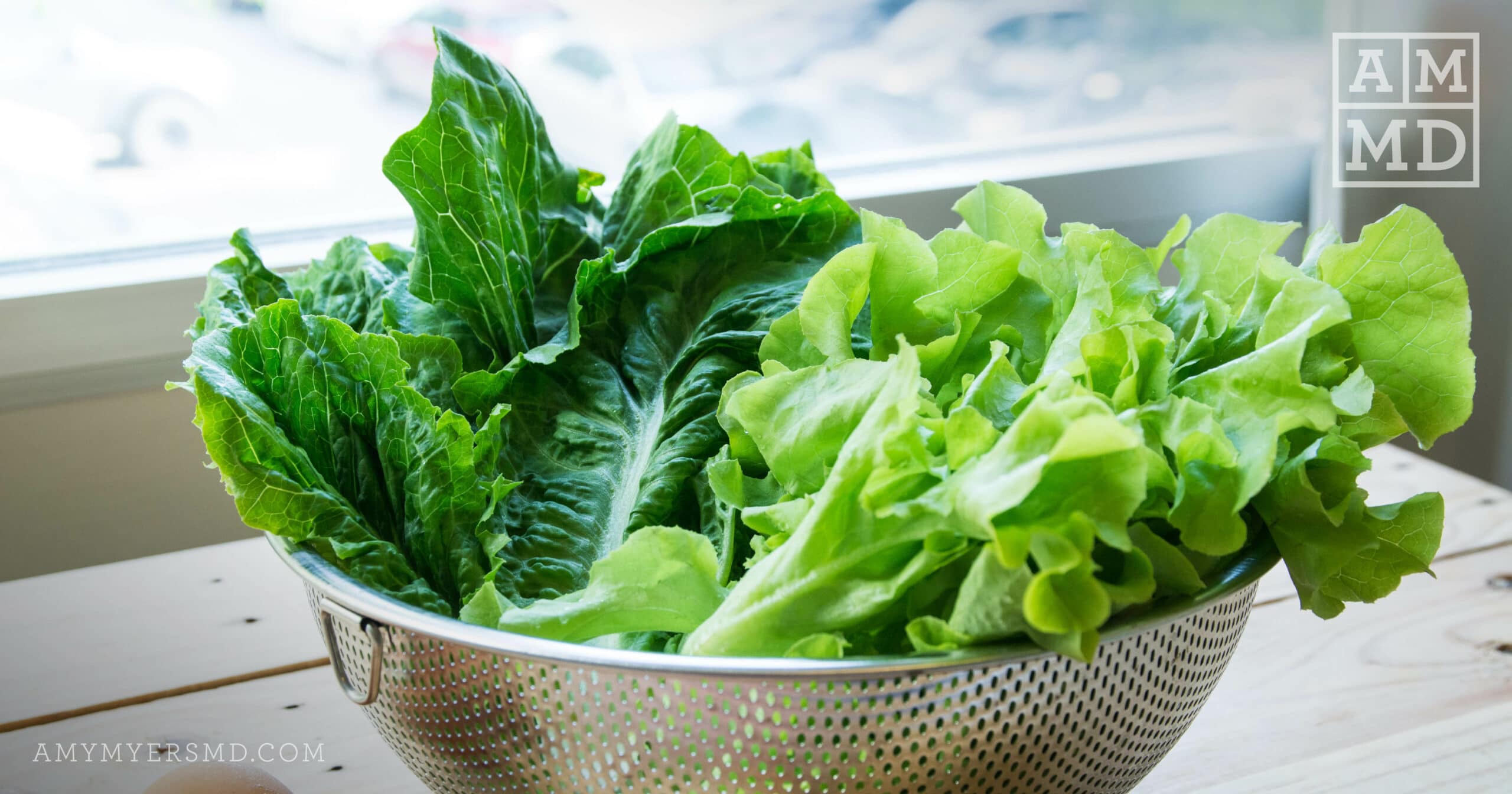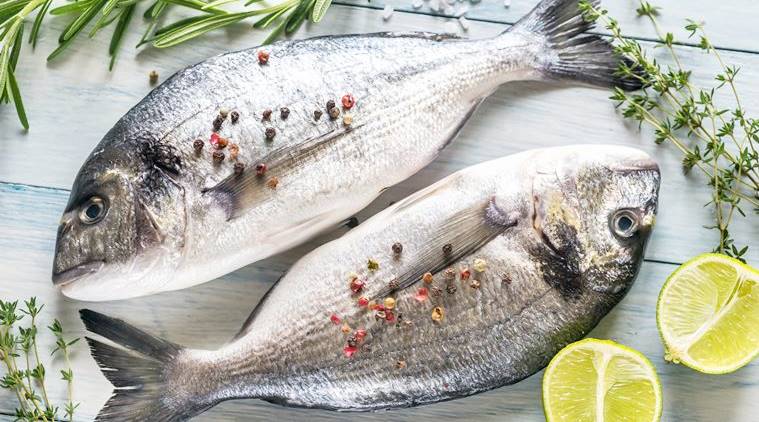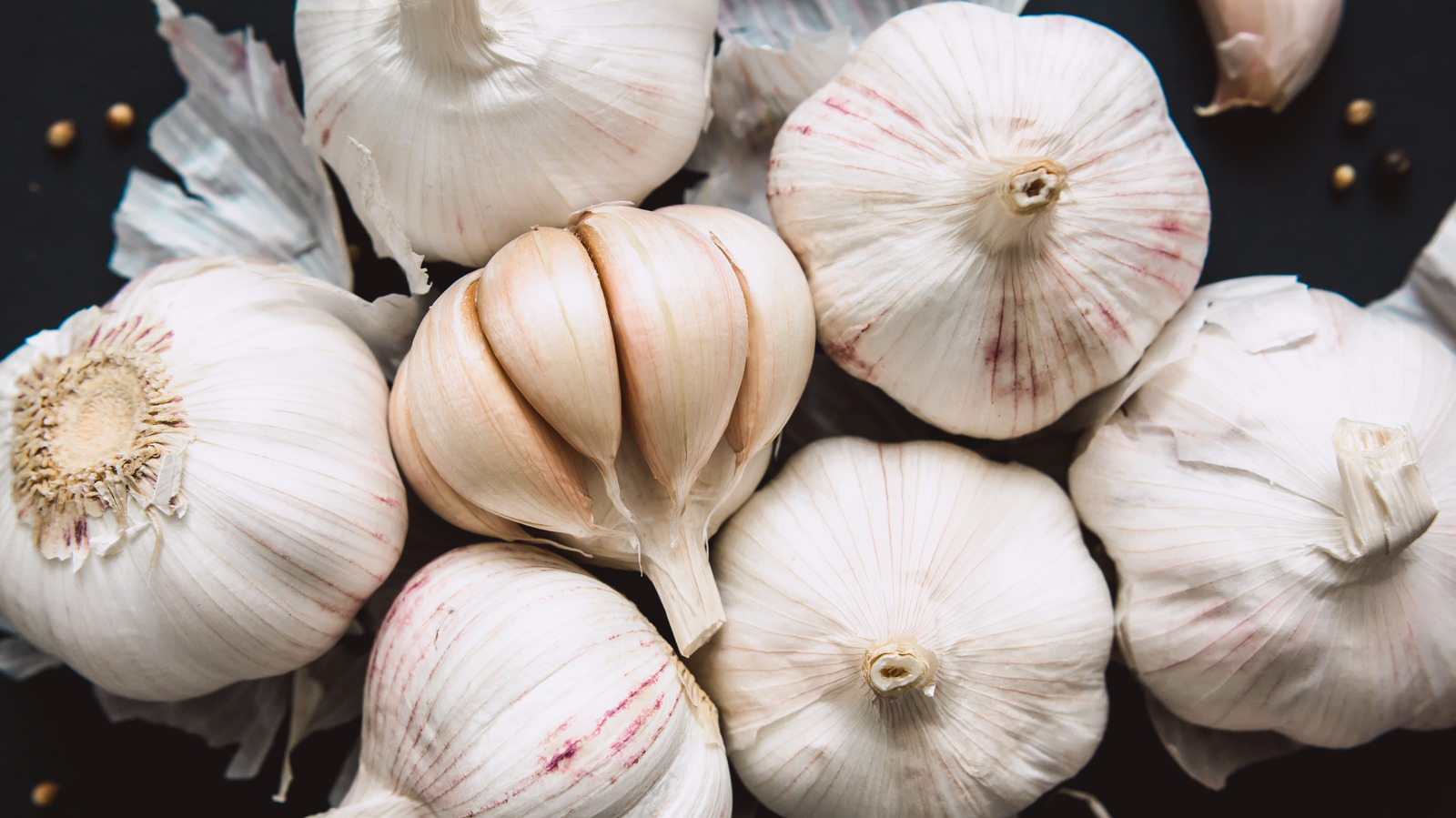Welcome to this post about the top 5 foods that can enhance liver function in steatosis. Steatosis, or fatty liver disease, is a condition that affects millions of people worldwide, and it can lead to more severe liver problems if left untreated. While there are medical treatments available for steatosis, eating a healthy diet can also play a significant role in supporting liver health and potentially reversing or preventing the condition. In this video, we will discuss five foods that may enhance liver function in steatosis, including leafy greens, berries, fatty fish, garlic, and nuts. We will explore how each of these foods can benefit the liver and provide some tips on how to incorporate them into your diet. So, let's dive in and learn how we can support our liver health with these delicious and nutritious foods!
1, Leafy greens.
Leafy greens like spinach, kale, and collard greens are packed with nutrients that can help support liver health. One of the most significant benefits of leafy greens is their high antioxidant content. Antioxidants are molecules that help protect cells from damage caused by free radicals, which are unstable molecules that can damage cells and contribute to the development of disease.
Leafy greens are particularly rich in vitamins A, C, and E, all of which have antioxidant properties. These vitamins can help protect liver cells from oxidative stress, which is a type of damage caused by an imbalance between free radicals and antioxidants in the body. Oxidative stress is a key factor in the development of many liver diseases, including steatosis.
In addition to their antioxidant properties, leafy greens are also a good source of fiber. Fiber is a type of carbohydrate that the body cannot digest, but that plays a crucial role in digestive health. Fiber helps regulate digestion and can prevent the buildup of toxins in the liver. When we consume high amounts of fat and sugar, our liver can become overwhelmed, and toxins can accumulate. By including more fiber-rich foods like leafy greens in our diets, we can support liver function and help prevent the development of liver disease.
Another benefit of leafy greens is their anti-inflammatory properties. Inflammation is a natural response to injury or infection, but when it becomes chronic, it can contribute to the development of many chronic diseases, including liver disease. Some of the compounds found in leafy greens, such as flavonoids and carotenoids, have been shown to have anti-inflammatory effects. By reducing inflammation, these compounds can help protect liver cells and promote healthy liver function.
In conclusion, leafy greens like spinach, kale, and collard greens are an excellent addition to any diet, but especially for those looking to support liver health. They are rich in antioxidants, fiber, and anti-inflammatory compounds, all of which can help protect liver cells from damage and promote healthy liver function. By including more leafy greens in your diet, you can help reduce your risk of developing liver disease and support overall health and well-being.
2, Berries.
Berries are a delicious and nutritious addition to any diet, and they are particularly beneficial for liver health. Berries like blueberries, strawberries, and raspberries are rich in polyphenols, a type of antioxidant that has been shown to have numerous health benefits, including protecting the liver from damage caused by inflammation and oxidative stress.
Polyphenols are compounds found in many fruits and vegetables, and they are particularly abundant in berries. These compounds have been shown to have anti-inflammatory and antioxidant properties, which can help protect liver cells from damage and promote healthy liver function. In addition, polyphenols can also help reduce the buildup of fat in the liver, which is a key factor in the development of steatosis.
One particular type of polyphenol found in berries is anthocyanins, which are responsible for the vibrant colors of many berries. Anthocyanins have been shown to have potent antioxidant and anti-inflammatory properties, which can help protect liver cells from damage and reduce the risk of developing liver disease.
Furthermore, studies have shown that consuming berries may also help improve liver enzyme levels, which are markers of liver function. In one study, participants who consumed blueberry juice for six weeks experienced significant improvements in liver enzyme levels compared to a control group.
In conclusion, including berries like blueberries, strawberries, and raspberries in your diet can be a simple and delicious way to support liver health. Berries are rich in polyphenols, particularly anthocyanins, which have been shown to have potent antioxidant and anti-inflammatory properties. By incorporating more berries into your diet, you can help protect liver cells from damage and reduce the risk of developing liver disease.
3, Fatty fish.
Fatty fish like salmon, mackerel, and sardines are an excellent source of omega-3 fatty acids, which have numerous health benefits, including promoting healthy liver function. Omega-3 fatty acids have been shown to have potent anti-inflammatory properties, which can help reduce inflammation in the liver and improve liver function.
Chronic inflammation is a key factor in the development of many liver diseases, including steatosis. By consuming foods that are high in omega-3 fatty acids, such as fatty fish, you can help reduce inflammation in the liver and promote healthy liver function.
In addition to their anti-inflammatory properties, omega-3 fatty acids may also help improve liver enzyme levels, which are markers of liver function. Several studies have shown that consuming fatty fish or taking omega-3 supplements may help reduce liver enzyme levels in people with non-alcoholic fatty liver disease (NAFLD), a common form of liver disease that can lead to steatosis.
Moreover, fatty fish are also a rich source of vitamin D, which is important for overall health and may have additional benefits for liver health. Vitamin D deficiency has been linked to an increased risk of liver disease, and some studies suggest that vitamin D supplementation may help improve liver function in people with NAFLD.
In conclusion, including fatty fish like salmon, mackerel, and sardines in your diet can be an excellent way to support liver health. Fatty fish are high in omega-3 fatty acids, which have anti-inflammatory properties and may help improve liver function. They are also a good source of vitamin D, which is important for overall health and may have additional benefits for liver health.
4, Garlic.
Garlic is a powerful and versatile ingredient that has been used for its medicinal properties for centuries. In addition to its culinary uses, garlic has been shown to have numerous health benefits, including supporting liver health. Garlic contains several compounds, such as allicin and selenium, that can help protect the liver from damage and reduce inflammation.
One study found that consuming garlic extract for 24 weeks improved liver enzyme levels in people with non-alcoholic fatty liver disease (NAFLD), a common form of liver disease that can lead to steatosis. In addition, another study found that garlic supplementation reduced liver damage and inflammation in rats with liver injury.
Garlic may also have antiviral properties that can help protect against viral hepatitis, a common cause of liver disease. One study found that garlic extract inhibited the replication of the hepatitis C virus in vitro, suggesting that it may have potential as a natural treatment for viral hepatitis.
Furthermore, garlic is a rich source of antioxidants, which can help protect liver cells from oxidative stress and damage. This may help reduce the risk of developing liver disease and support overall liver health.
In conclusion, incorporating garlic into your diet can be a simple and effective way to support liver health. Garlic contains compounds that can help protect the liver from damage and reduce inflammation. It may also have antiviral properties that can help protect against viral hepatitis, a common cause of liver disease. By adding more garlic to your meals or taking garlic supplements, you can reap the many health benefits of this powerful ingredient.
5, Nuts.
Nuts are a great addition to a healthy diet and can provide many benefits for liver health. Nuts like walnuts, almonds, and Brazil nuts are high in antioxidants, healthy fats, and other nutrients that can help reduce inflammation, improve liver function, and protect against liver damage caused by oxidative stress.
Studies have shown that consuming nuts can improve liver enzyme levels and reduce inflammation in people with non-alcoholic fatty liver disease (NAFLD). In addition, nuts are a good source of fiber, which can help improve digestion and reduce the risk of developing liver disease.
Furthermore, nuts are high in healthy fats, including omega-3 and omega-6 fatty acids, which can help reduce inflammation and improve liver function. Omega-3 fatty acids, in particular, have been shown to reduce liver fat accumulation and improve insulin sensitivity, which are both important factors in the development of liver disease.
Moreover, nuts are also rich in antioxidants, such as vitamin E and selenium, which can help protect liver cells from oxidative stress and damage. This can help reduce the risk of developing liver disease and improve overall liver health.
In conclusion, including nuts like walnuts, almonds, and Brazil nuts in your diet can be a simple and effective way to support liver health. Nuts are high in antioxidants, healthy fats, and other nutrients that can help reduce inflammation, improve liver function, and protect against liver damage caused by oxidative stress. By adding a handful of nuts to your diet each day, you can reap the many health benefits of these delicious and nutritious snacks.
In conclusion, incorporating these five foods into your diet can help enhance liver function and potentially reverse or prevent steatosis. However, it's important to remember that a healthy diet is just one part of a comprehensive approach to liver health. If you suspect that you may have steatosis or any other liver condition, it's important to consult with a healthcare provider for proper diagnosis and treatment. And as always, if you found this video helpful, don't forget to give it a thumbs up and subscribe to our channel for more informative content. Thank you for watching!





Comments
Post a Comment